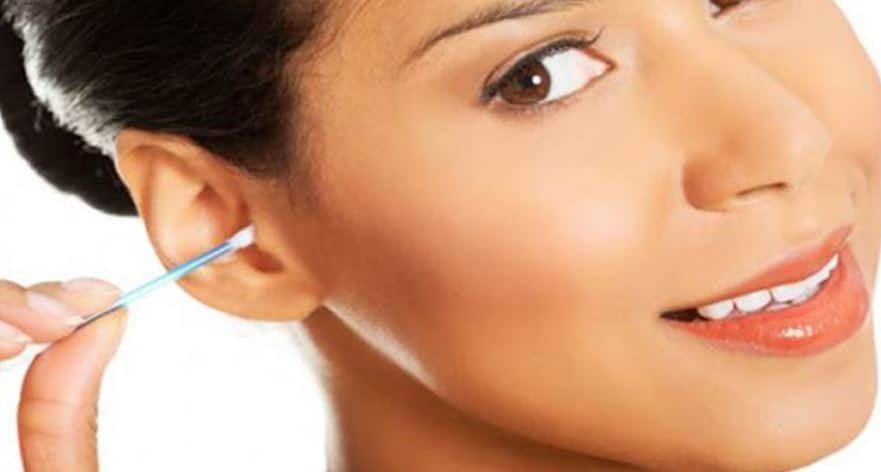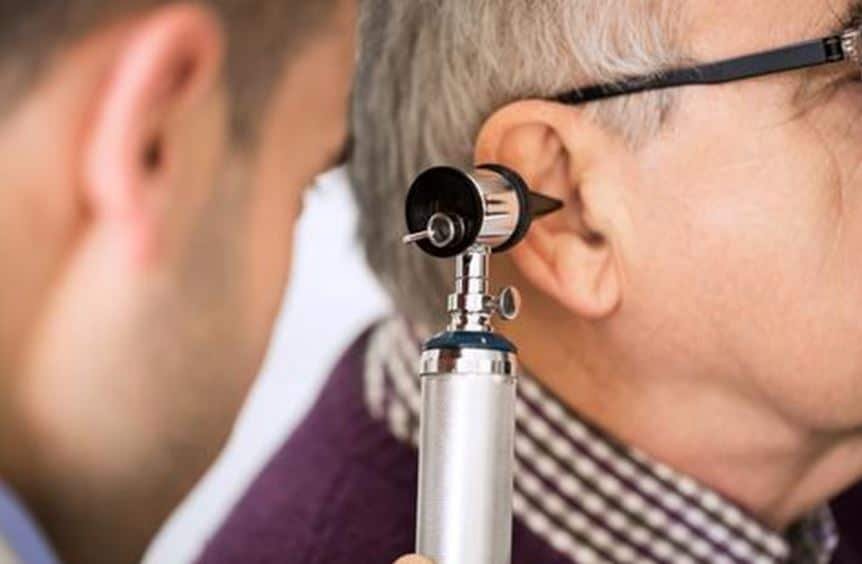Health
All About Ears

Humans navigate through everyday life with the help of five senses: Sight, Sound, Smell, Taste, and Touch. It is hard to imagine your life without the perfect coordination between the sensory organs: you smell something delicious, you search for it, you touch it, you taste it. While hearing may seem secondary, you want to be a part of the conversation where you talk and listen.
Hearing is one of the prime senses that dictates our interaction with our environmental elements. You talk to people based on what you hear them talk about. So take care of the two little shells to continue your dialect with the world.
What do you need to know about ears and ear care?

Ears are one of the many complex systems in the human body that allows us the sensation of hearing or perceiving sounds. When the particles vibrate, the outer part of the ear collects the vibrations and sounds to pass them through the ear canal, which further enhances these movements of particles and maintains their form so as they are felt by the eardrum, which is very sensitive to it. Next, it is passed on to the cochlea of the inner ear, which contains fluid that vibrates due to the sound waves. Finally, these waves are analyzed by the hair cells in the inner ear and generate nerve impulses converted and interpreted as meaningful sound.
While it may sound simple enough, the ear consists of some of the most sensitive parts that cannot withstand heavy-duty wear and tear. You must take care of your ear as defects in one part of the system may cause hearing loss and irreversible damage to the sensory organs.

When you feel that the volume of the person is not loud enough or have difficulty hearing audible whispers, it is a symptom that there is not enough transfer of sound vibrations from the outer ear to the cochlea. It is known as conductive hearing loss; it may be caused due to wax build-up in the ear canal or perforated eardrum. Here, the sound waves are restricted, and the inner ear simply does not have enough of it for proper hearing.
When the outer ear is in good condition but cannot perceive the sound, the problem may lie beyond the cochlea. Maybe the delicate hair cells cannot pick up the waves, or damaged auditory nerves or pathways may lead to sensorineural hearing loss. It is generally caused due to excessive exposure to loud noise or aging effects of the body on different organs.
Genetic hearing loss is due to incomplete development of the complex ear system due to a gene mutation that missed carrying the information to build the ear system. Hence, hereditary hearing loss is sometimes accompanied by blindness.
Tips to protect your ears and maintain hearing:

- Use earplugs in your ear – When in a noisy environment, your ears are exposed to the sound waves for a great amount of time. To protect your ears, you should try out ear protection gears like earplugs. Fairly cheap and easy to find, Earplugs can be very optimally utilized by anyone and everyone.
- Keep the volume low – Even the smartphone companies have acknowledged the loud threat noise poses to the ear. You may have noticed the warning that pops up when you try to raise the music volume above 60%; it suggests you not go higher or result in hearing loss issues.
- Consider the environment – Be it the traffic noise, construction sites, bars, and music halls, noise pollution exists everywhere and constantly destroys our hearing senses. Centers for Disease Control and Prevention (CDC), in 2015, discovered that the mining industry has the loudest work environment. Consider earplugs or earmuffs to restrain your ears from such an environment.
- Take a break from the noise: refrain/avoid noisy activities or environments by moving away or using earplugs to let your ears recover. Scientists have found in studies that your ears need around 14 hours to recover from a noisy night event.
- Stop using cotton swabs – Well, don’t be surprised that cotton swabs harm your ear in more than one way. These tiny cotton tips push the wax further inside the ear and can also irritate your ear. Earwax moves out on its own; you only need to wipe it down gently with a cotton cloth. It is highly suggested to let the professionals do the cleaning.
- Keep it dry – Moisture in the ear is a big threat. It can cause the bacteria to get inside the ear canal and trigger infections like swimmer’s ears or other problems which can easily affect your hearing ability. Use a dry towel or a piece of cotton to soak the water out after the shower, or use custom-made swimmers earplugs.
- Indulge in some exercise – Exercise has been proven to be very effective for the ears. It increases blood circulation, which helps preserve capillaries that deliver blood and oxygen to the ear protecting the cochlea and other structures, elevating the heart rate. Exercise serves as a beneficial activity for other senses as well.
- Get regular checkups: consult your doctor if you feel fullness in your ear, pain in the middle part of the ear (a sign of infection), or uninterrupted ringing in your ear. Do not try to treat it yourself. Harmony Hearing will be happy to assist your ear ailments and advise you with medications for immediate treatment.
- Know your medications: medication, antibiotics, and cancer-fighting medicines affect the ear and its parts and hearing ability. Do not put it to the test and immediately consult your doctor with the medications you are taking. Even high doses of aspirin are harmful to the ear.
- Maintain your blood sugar and blood pressure levels: increase in stress levels affects your body in more than one way. Your blood pressure rises, which leads to increased pumping of blood and blood flow in your inner ear. Combine this with narrow veins and delicate organs in your ear: not a good combination. High-stress levels cause ringing in the ear that may cause discomfort and are one of the tinnitus symptoms.
Maintaining your diabetes as high blood glucose levels are harmful to the inner ear that may cause glucose deposition and block the sensory nerves.
Conclusion:
One of the smallest but prime sensory organs, your ears require just as much of your attention and care as the rest of your body. While accidents may cause untimely loss of senses, you must do your best to make your body retain it for the longest possible period. Old age does not mean losing your organs but rather only a decreased sensitivity. Now that you have insights on the working of your ear, maintain good hearing by reducing your earphone usage: one of the major causes of low hearing.
Read more: Finding The Right Place for Your Child’s Early Years
-

 Entertainment1 month ago
Entertainment1 month ago123Movies Alternatives: 13 Best Streaming Sites in 2026
-

 Entertainment2 months ago
Entertainment2 months ago13 Free FMovies Alternatives to Watch Movies Online in 2026
-

 Entertainment1 month ago
Entertainment1 month ago13 Flixtor Alternatives to Stream Free Movies [2026]
-

 Entertainment1 month ago
Entertainment1 month agoGoMovies is Down? Here are the 11 Best Alternatives






